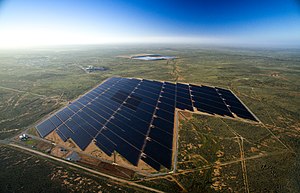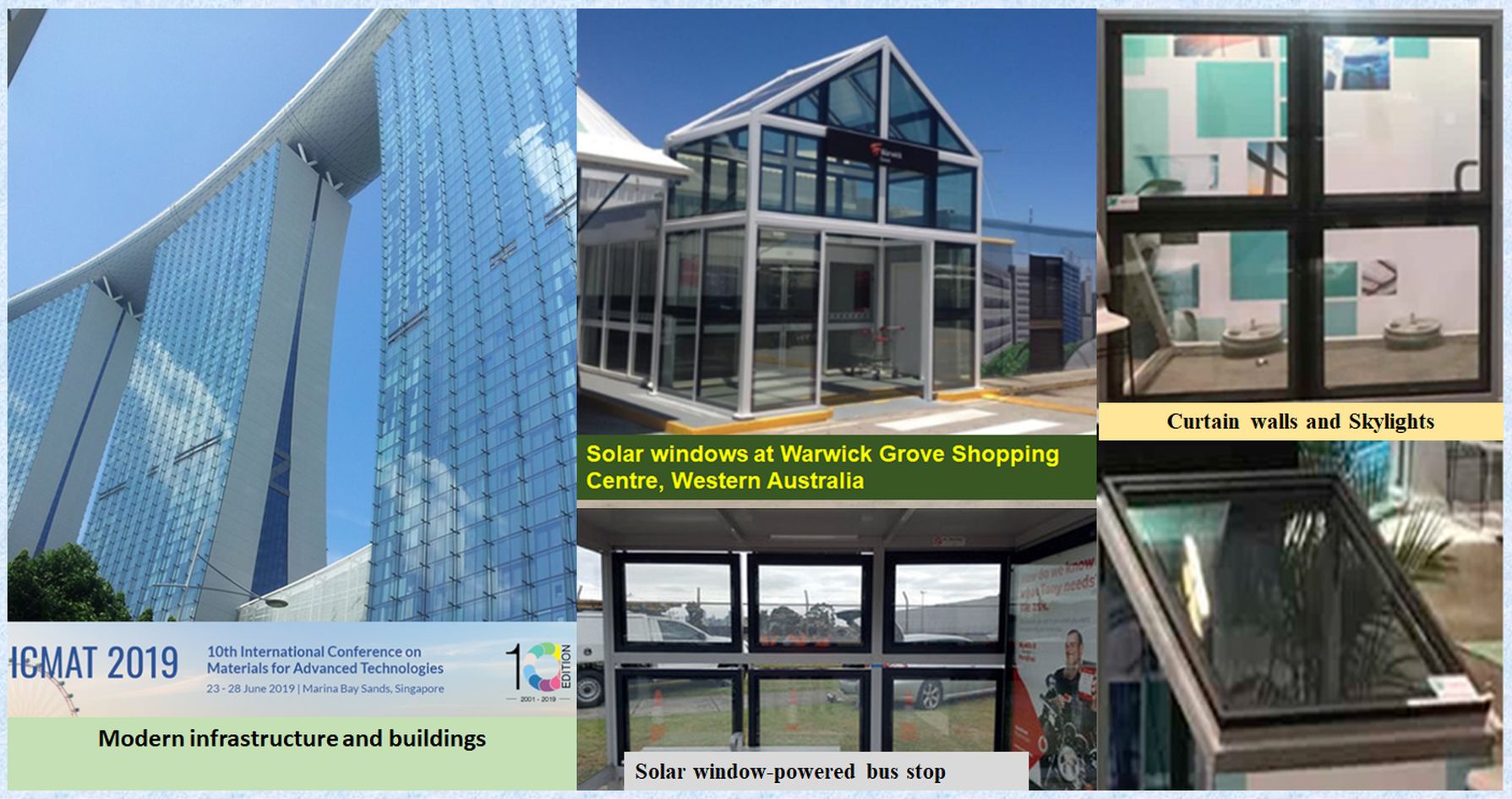
Massachusetts homeowners can save thousands of dollars by installing solar panels. The average residential electricity bill goes up by 3% every year. Over time, this can add on to the cost of energy. Additionally, extreme weather events can drive up energy costs even further. These are the reasons solar panels have grown to be a popular energy source for homes throughout the state.
Average cost of solar panels in Massachusetts
Depending on your home size and the type of equipment that you require, the average Massachusetts cost for solar panels will vary. Solar installations in Massachusetts typically cost between $10,007 to $15,395. A small home can have solar panels installed for as little as $7,000 while a larger house can cost upto $55,953.
Solar power in Massachusetts is one of the most cost-effective ways to get it installed. The average 5 kW solar installation costs between $9.300 and $31,000, depending on incentives and tax credits. Although solar panels can cost a lot, they are relatively inexpensive and can help you save up to $40786 over the 20-year period.

Installing solar panels on a home's roof is the most popular method in Massachusetts. However, some homes may not have the roof facing south, or the roof may be in too much shade. These cases will require alternative mounting options.
Massachusetts tax credits for solar panel installation
Massachusetts offers an incentive program for those who are interested in installing solar panels to their homes. Massachusetts offers a 15% tax incentive for solar panel installation under the SMART program. You can carry the credit over for up to three years. This program encourages solar installation. It is funded by three of the largest utilities in the state, Eversource, Unitil and National Grid.
Solar panels will increase the value of your house and you will get a 15% state tax credit. The credit can be used to cover up to $1,000 in installation costs. Solar installations are exempted also from property tax and sales tax. This means that your property taxes will not go up and your sales tax will not be assessed in the first year. Massachusetts also has a localized solar program.
Tax credits for installing solar panels in Massachusetts are available in three different forms. Massachusetts residents who install solar panels in their homes can get a fixed rate at 19 cents per kWh (for a period not exceeding ten years) through the SMART programme. Your system must be connected directly to one or more investor-owned utilities in order to be eligible. The availability of rebates will depend on the type of system you install.

Off-grid solar panels in Massachusetts
Cost of off-grid Massachusetts solar panels is determined by many factors. These include the location and size of the panels, as well as labor costs. Massachusetts also offers incentives to solar panel installation. These include a property tax exemption and a sales tax exclusion. Additionally, the state offers a tax credit of up to $1,000, and solar customers in Massachusetts are eligible for the federal 30% tax credit by 2022.
Massachusetts permits homeowners with solar panels to be installed on their roofs. However there are restrictions that apply to specific neighborhoods and homeowner's organizations. Solar panel installation may need approval from the board of an association. Association boards set aesthetic guidelines for communities. The association board may also ask you to hide or reduce the size of your solar panels.
Massachusetts residents can benefit from a net-metering program which allows customers of excess electricity to be sold back to the power grid. Customers also receive credits towards utility bills. The utility company will keep the credits and apply them towards your bill to lower your bill. These credits can be used to offset excess electricity purchased at night.